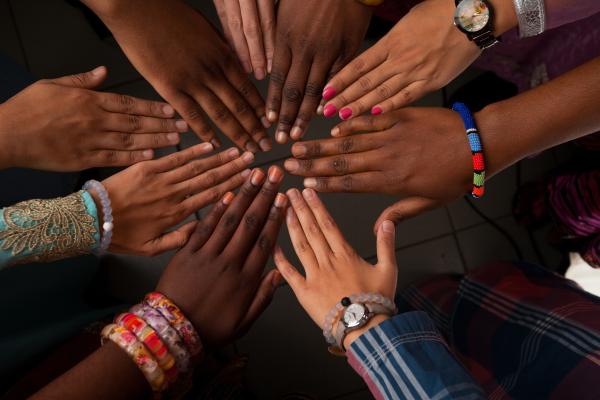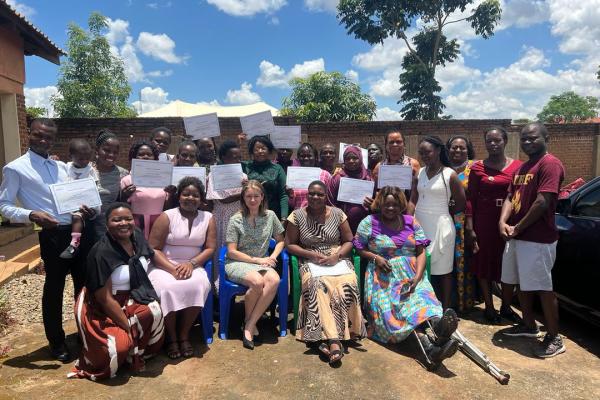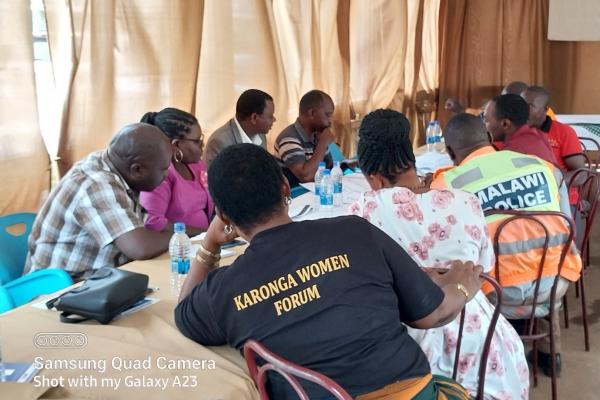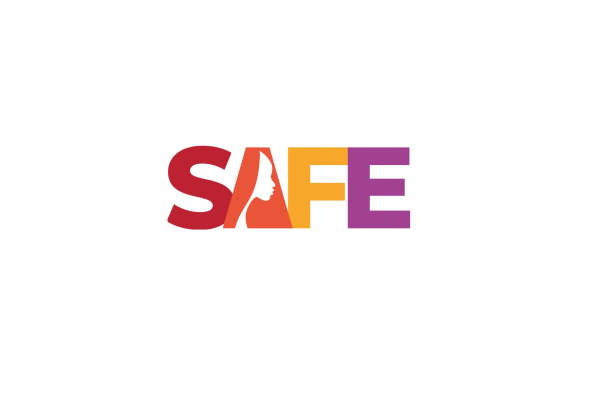Bibliografía comentada sobre involucrar a niños como aliados en la prevención de la violencia basada en género
La participación de niños (hasta los 18 años) es una misión fundamental, aunque poco explorada, de la prevención de la violencia basada en el género en contextos de emergencia. Esta bibliografía comentada ofrece una descripción general de literatura relevante, evaluaciones y ejemplos programáticos para motivar a los niños en los programas de prevención de la violencia basada en el género, centrándose en entornos de ingresos altos y medios y, en la medida en que existan documentos, en contextos humanitarios.
 Our global Gender-Based Violence (GBV
Our global Gender-Based Violence (GBV
















